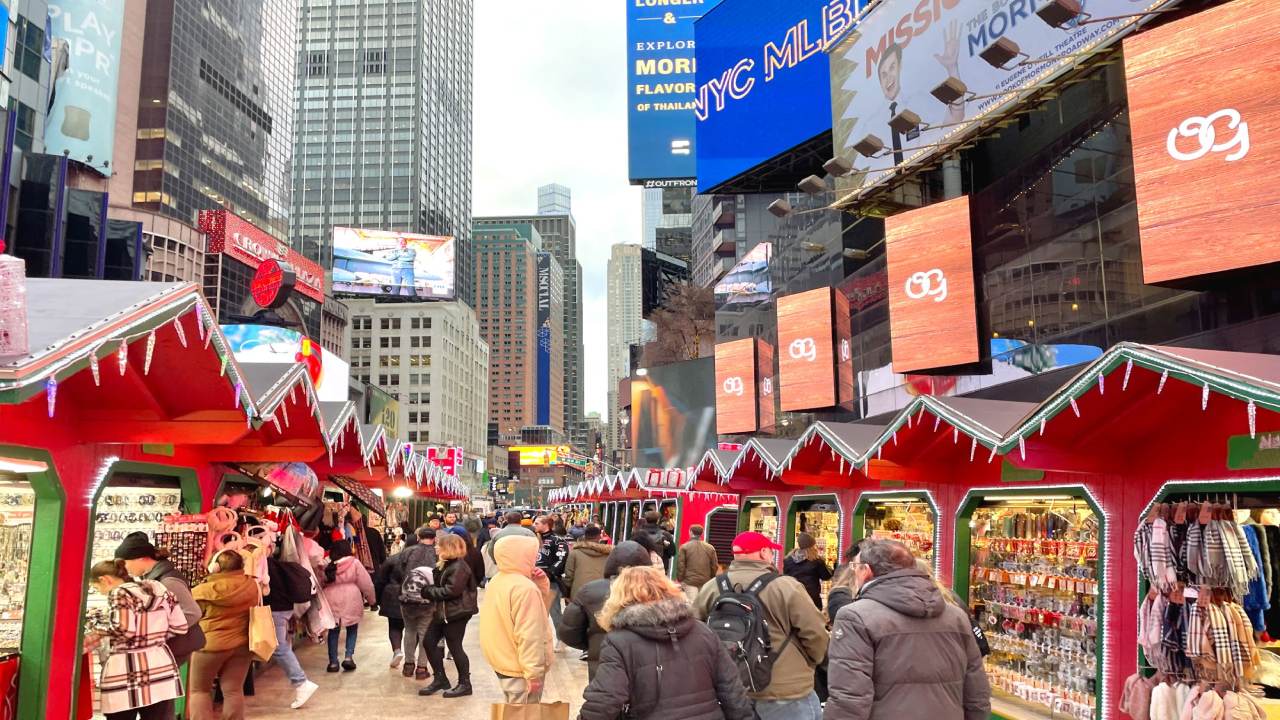Pinterest’s AI Transformation Leaves Its Most Loyal Users Feeling Lost
Ohana Magazine – For years, Pinterest’s felt like a peaceful corner of the internet, a place where people found recipes, art, and inspiration without noise or drama. That safe feeling began to fade when users started seeing strange AI-created images in their feeds. A one-eyed cat, distorted recipes, and uncanny designs made many pause and question the platform they once trusted. Among them was Abigail Wendling, a 23-year-old who used Pinterest to shape every part of her life. She said she now checks each image carefully because she fears it might be AI-generated. Her frustration reflects a wider emotion shared by many who feel the app has changed too fast. The sudden shift broke the quiet rhythm Pinterest users once loved.
Pinterest’s Shift Toward AI Is a Strategic Move, But It Feels Impersonal
Under CEO Bill Ready, Pinterest transformed from a creative playground into a powerful AI-driven shopping platform. Ready believes AI will guide users through personalized searches and visual shopping journeys. Pinterest now has 600 million monthly users, and half of them are Gen Z. With that massive audience, the company sees AI as the engine that can drive its future growth. But this strategic shift left creatives feeling overlooked. They feel like the platform is listening more to investors than to the people who shaped its identity. The tension grows because Ready continues to promote AI as the heart of Pinterest’s future, while many users feel it is the very thing pushing them away.
“Read More : In Your Head, You Count Every Day’: Former October 7 Hostage Reflects on Two Years in Captivity“
Creatives and Everyday Users Feel Their Authenticity Is Being Replaced
People who once turned to Pinterest for genuine human-made ideas now feel overwhelmed by AI-made content. Users like Amber Thurman say they want art touched by human effort, not something produced with a few typed prompts. Many feel they are losing the emotional connection that made Pinterest meaningful. Even when the company introduced tools like its “tuner” to reduce AI content, users said it was not enough. They still see too many AI images, and they feel that Pinterest’s filter system cannot keep up. This disconnect created a powerful emotional reaction. It is not only about images it is about trust, inspiration, and feeling seen by a platform that once celebrated human creativity.
Pinterest’s Push Into AI Shopping Changes What the Platform Feels Like
Pinterest’s identity is shifting faster than many users can accept. Once centered on creativity, it is now shaping itself around e-commerce. Its algorithm recommends products and drives shoppers toward links, many of which lead to ad-heavy, AI-generated websites. For some users, this shift feels like losing the soul of Pinterest. Creatives worry their original work will be drowned out by AI content and automated shopping features. The company’s goal to become an AI shopping assistant makes sense for revenue, but it also changes the emotional experience. People no longer feel like they are discovering hand-picked ideas. Instead, they feel like they are being guided through a system optimized for sales, not inspiration.
“Read More : The Unshakable Rebellion: How the Anti-Trump Wave Is Redefining America’s Political Future in 2025“
Long-Time Users Say Pinterest No Longer Feels Like Home
The growing mix of AI content and aggressive shopping tools makes many people feel disconnected. Long-time users say the platform no longer resembles the one they joined years ago. Some switched to alternatives like Cosmos, while others returned to older platforms like Tumblr. They miss the authenticity that once defined Pinterest the feeling of discovering something made by real people. Many say they now double-check images because they cannot trust what they see. This emotional distance shows a deeper concern: the loss of a community built around human creativity. When users say the platform “doesn’t feel like Pinterest anymore,” they are expressing sadness, not just frustration.
Experts Warn That AI’s Influence Could Erode Trust Over Time
Researchers and digital culture experts warn that AI-generated content will only grow. They believe users must learn to spot AI “slop,” because platforms cannot filter everything. This new reality forces people to be more cautious online, even in spaces once considered safe. AI-generated posts, deceptive recipes, and affiliate farm websites make users feel exploited. Experts like Casey Fiesler say engagement behavior plays a major role every click, share, or even hate comment tells the algorithm to show more AI content. As users become more aware of this cycle, many reduce their usage, hoping to protect their feed from becoming unrecognizable. Yet the emotional cost remains high: people feel the internet is drifting away from human creativity and connection.













